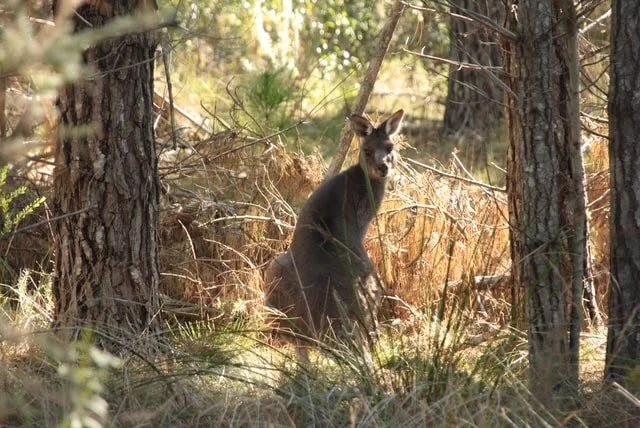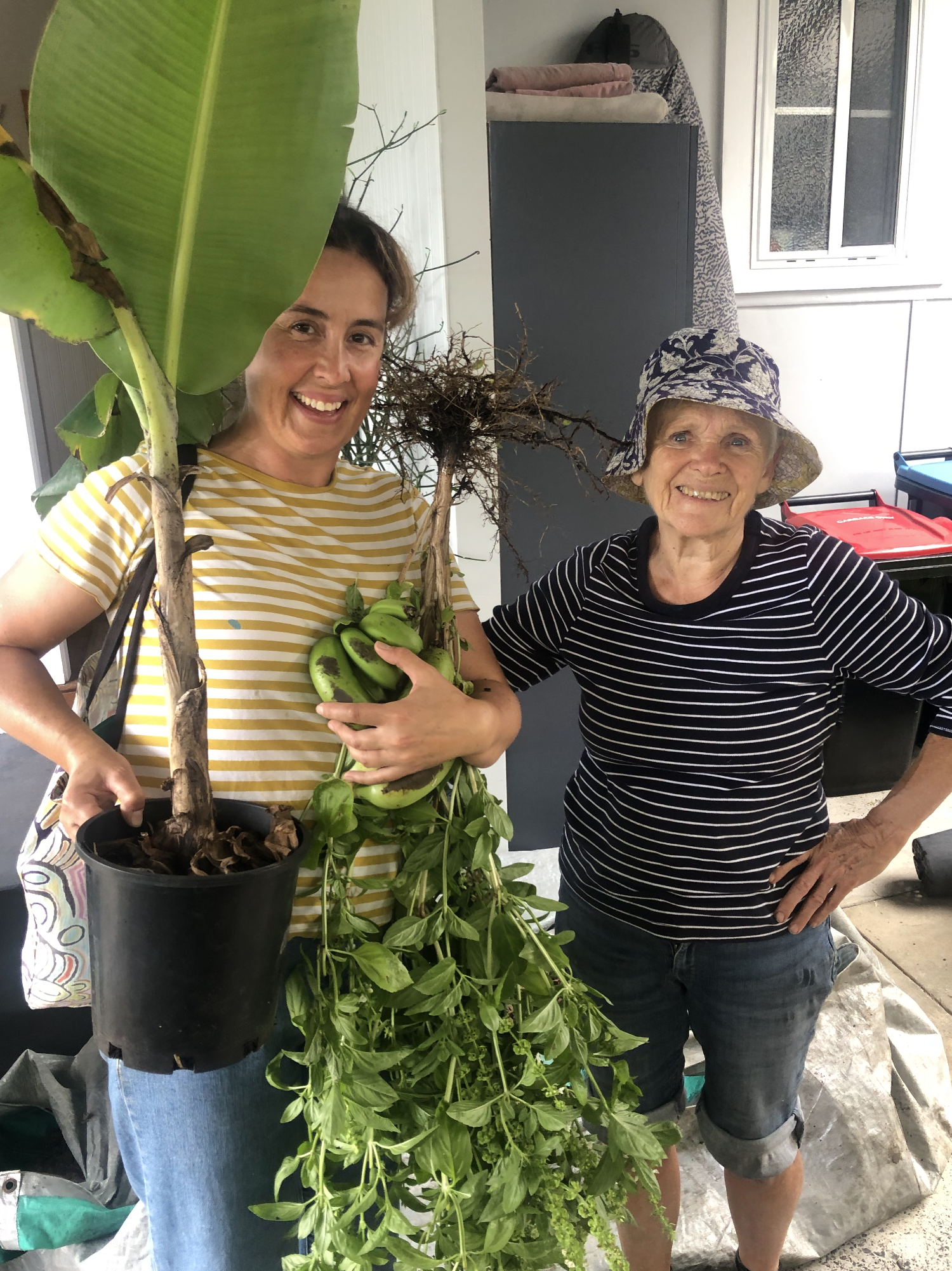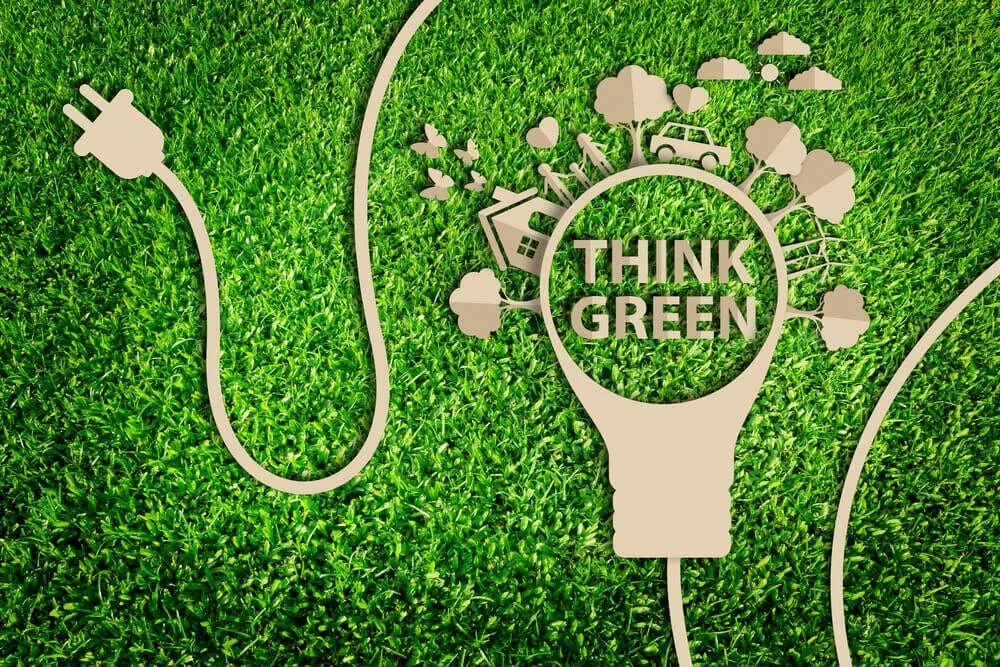From Bush to Kitchen:
A Day of Foraging, Wildlife, and Woodland Feasts
Would you like to know more about food foraging & be able to identify plants and mushroom?
Foraging is not just a quirky hobby, it’s an epic blend of outdoor adventure, mindful movement and food sourcing straight from nature. If you’ve never tried it, this might be the sign you’ve been waiting for. In this blog we focus in particular on mushroom picking around Sydney, because surprise surprise Sydney has some amazing hidden gems where wild mushrooms thrive.
Why Try Mushroom Foraging?
Foraging isn’t just fun, like a real-life treasure hunt, it’s also packed with benefits. It gets your body moving, clears your mind, and helps reduce stress. It connects you to the land in a deep and meaningful way and can even boost your environmental awareness. When shared with family or friends, it becomes a wonderful social activity too. Plus, wild mushrooms are nutritional powerhouses, rich in antioxidants, potassium, vitamins B and D. They’re high in protein, low in fat, and absolutely delicious.
You might get lucky and spot some amazing wildlife…
When and Where to Go Around Sydney
The mushroom foraging season around Sydney runs from April to July and the sweet spot to go is 2–5 days after steady rain — that's when the mushrooms really start popping up.
Two of the best spots near Sydney are:
Belanglo State Forest
Oberon region
You’ll need to drive a bit out of Sydney, but the journey is half the fun. Make a day it: stop in a small town along the way, grab a coffee from a local café, and maybe have a chat with a curious local about what you’re up to. It turns the outing into a mini road trip — and helps support small local businesses at the same time.
But... Is It Safe?
This is important: not all mushrooms are safe to eat. Some are toxic, and a few can be deadly. If it’s your first time, we highly recommend going with an expert or joining a local foraging group. While there are apps and books that can help, photos can be misleading and misidentification can have serious consequences.
In these areas, you’ll typically come across two edible types:
Saffron Milk Cap: bright orange, slightly fruity, earthy flavour
Slippery Jack: a bit slimy but tasty when cooked right
With time and guidance, you’ll get the hang of recognising the good ones and gain the confidence to go it alone safely.
What You’ll Need
Packing right is key. Here’s what we recommend:
Basket (not a bag) – Allows airflow and disperses spores as you walk
Knife – For clean cuts, preserving the mycelium in the ground
Comfy clothes & boots – You’ll be walking in forest terrain, so dress for the weather
Pro Tip: Don’t stack mushrooms! They bruise easily, and cross-contamination is a risk if you’ve picked an unidentified species.
Want to Learn More?
If you're curious about foraging beyond mushrooms — or just want to learn the right way from local experts — check out our amazing partners:
👉 Diego Bonetto and Bush to Bowl.
They both offer workshops and courses to deepen your understanding of wild foods, native plants, and sustainable living and we’re proud to collaborate with them occasionally.
To stay update with our activities join the PNB Community 🌱
Become a PNB member (annual membership is $25 for individuals/$35 for households) or come along to our next event and learn about sustainable living for you and your family. We would love to see you there!
Pine mushroom in the forest












